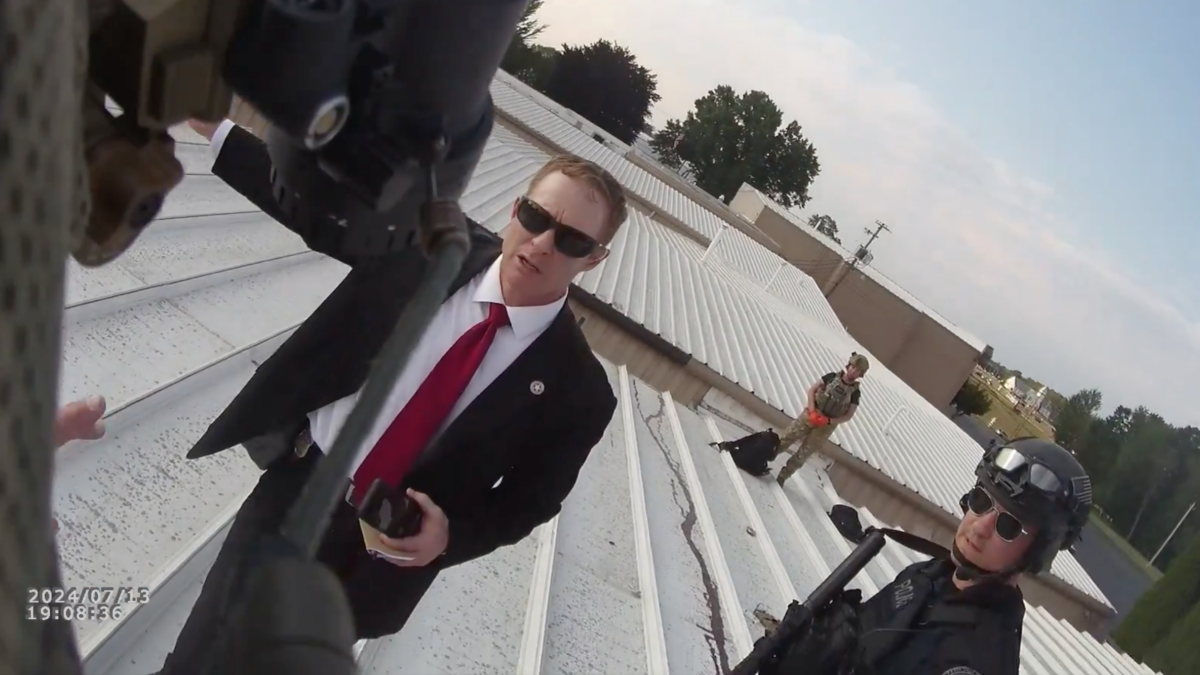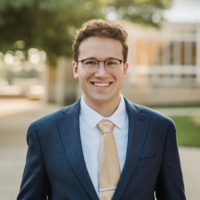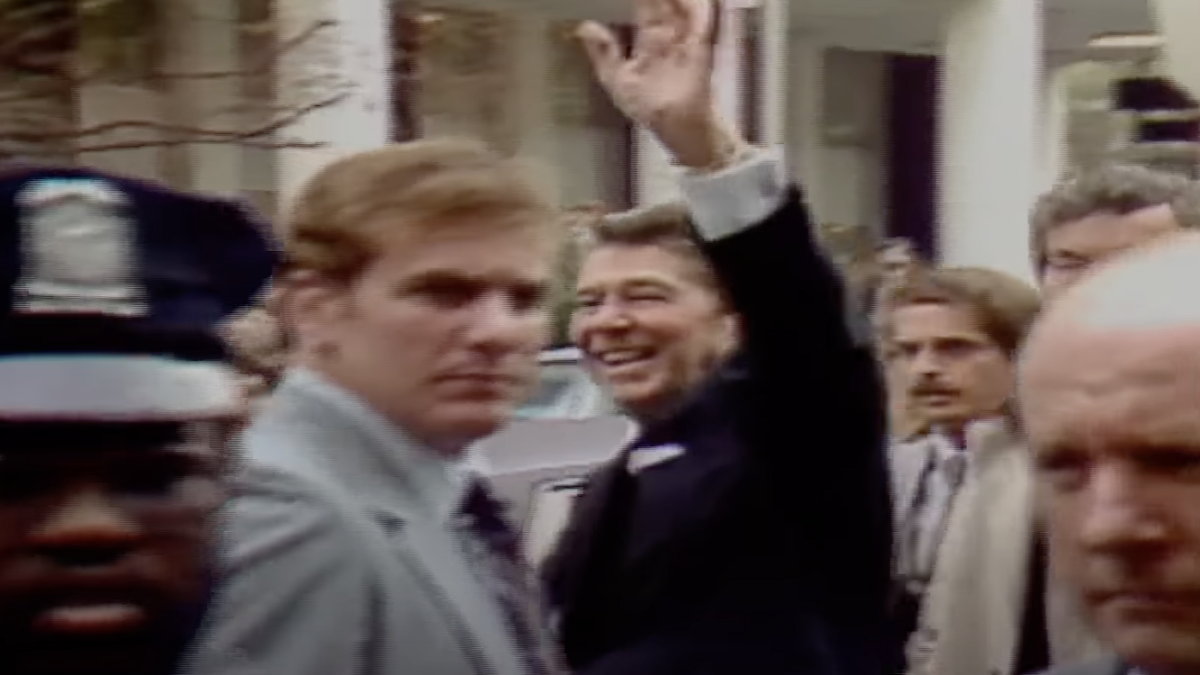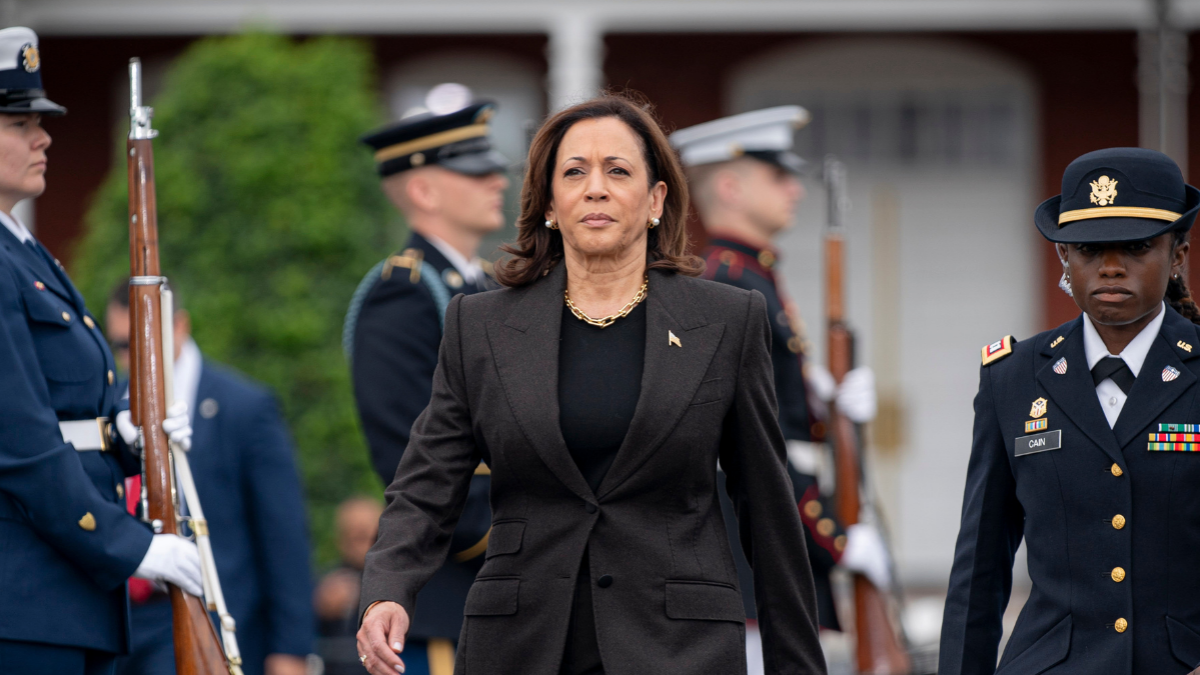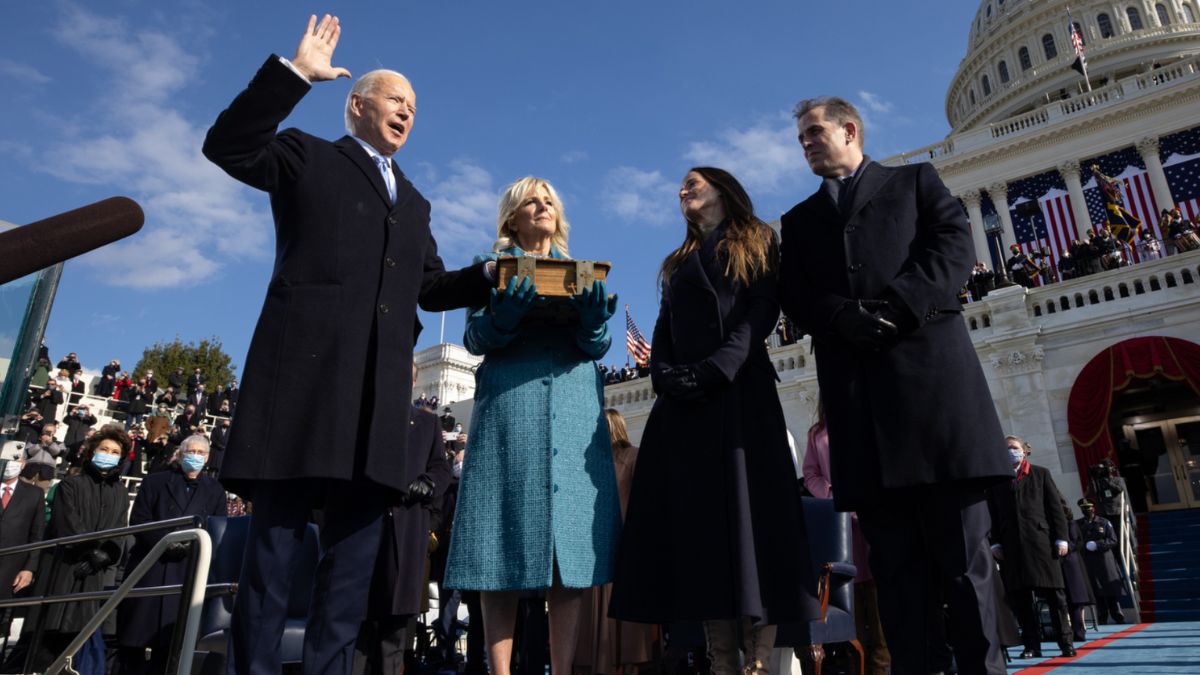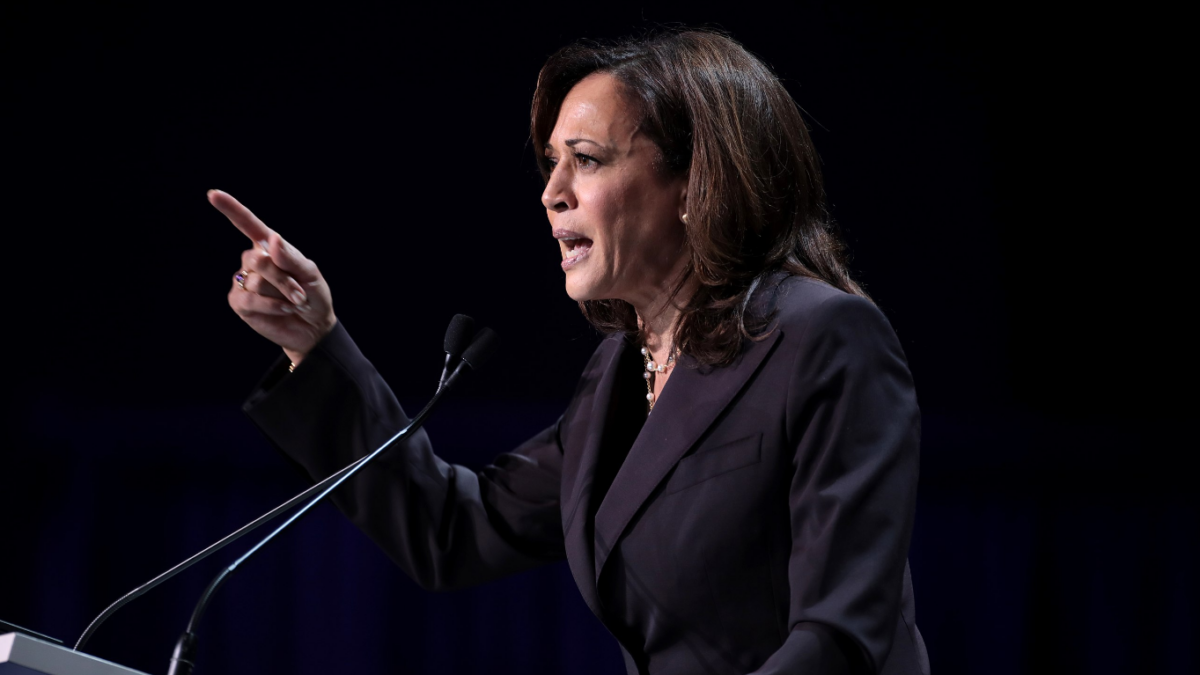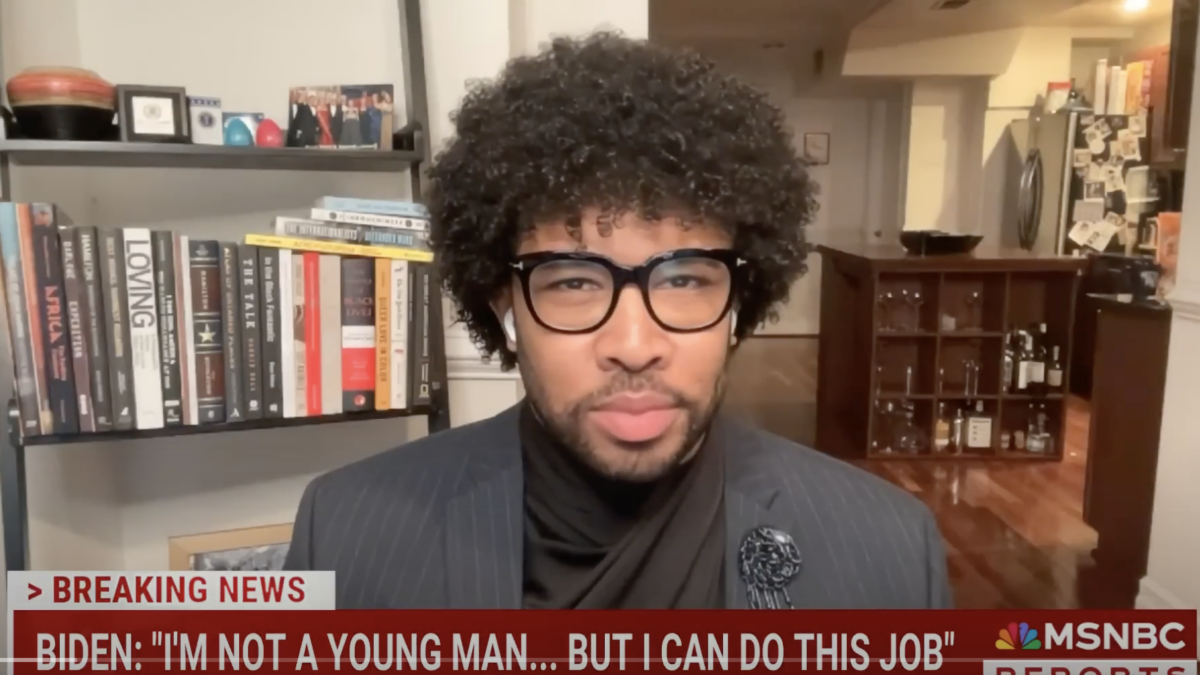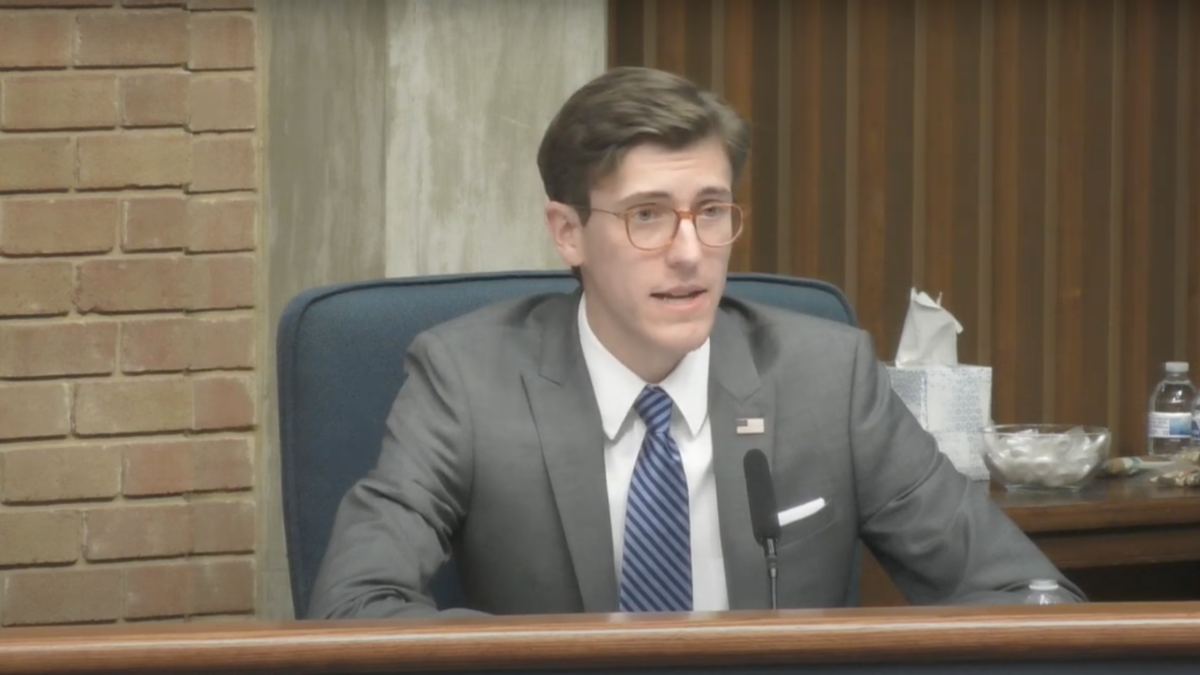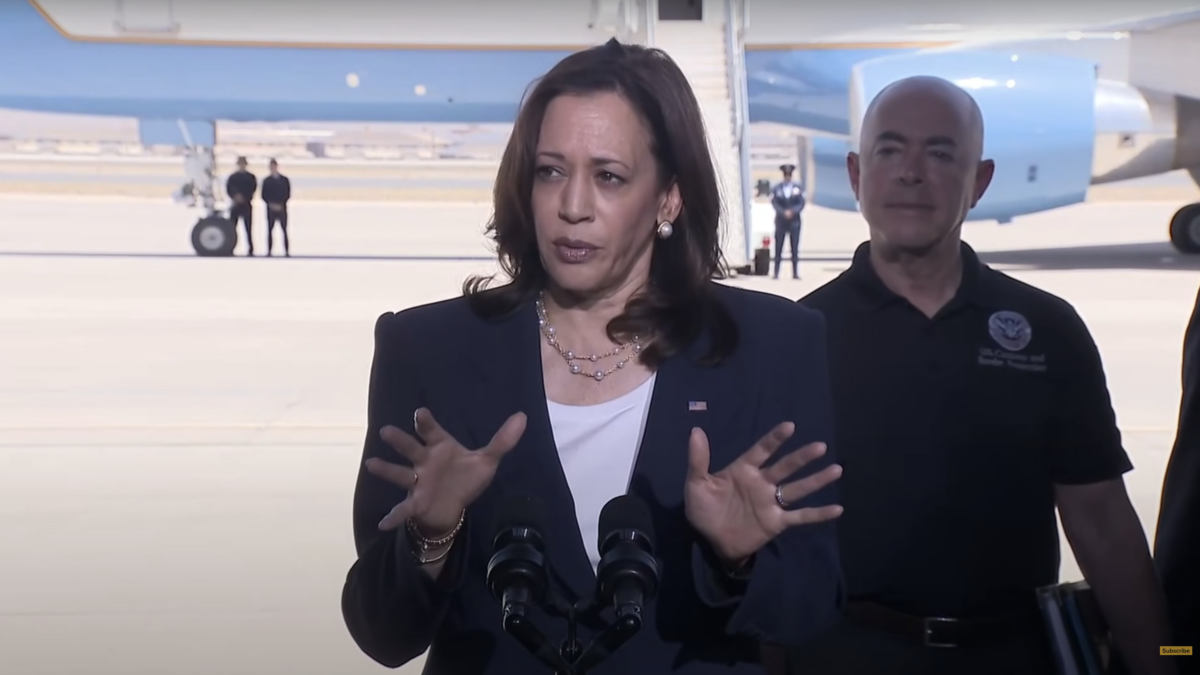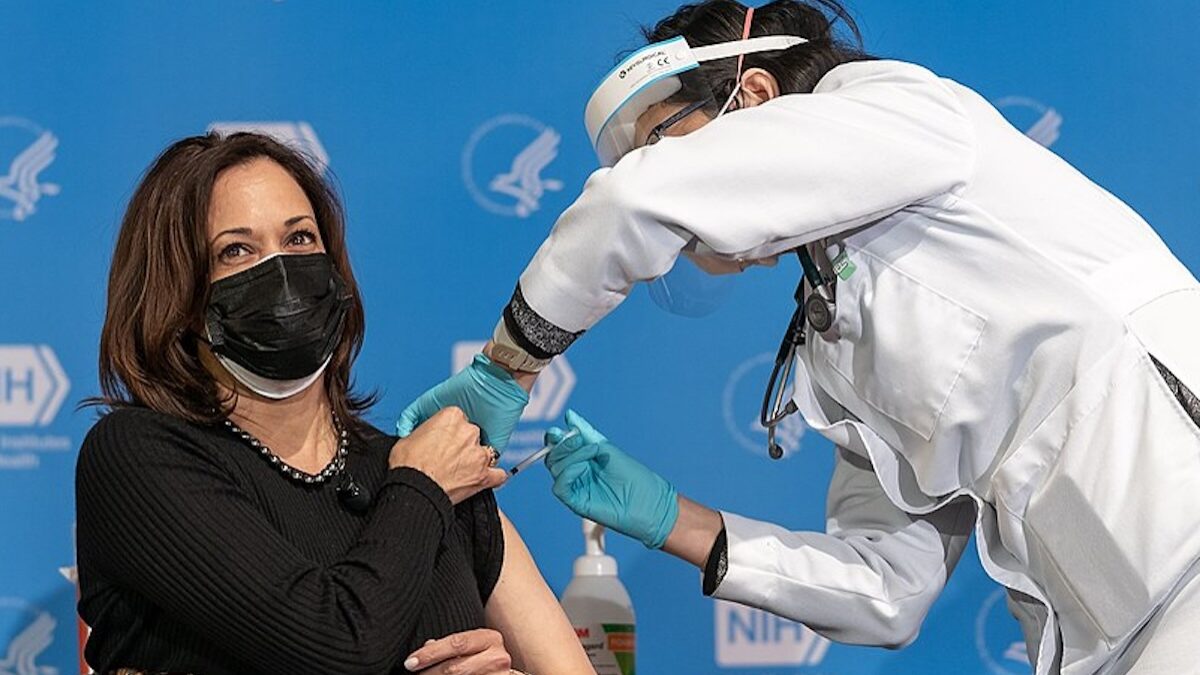Sen. Chuck Grassley, R-Iowa, released bodycam footage Tuesday showing Secret Service and police speaking after killing the would-be assassin of former President Donald Trump. He also released security plans for the Butler, Pennsylvania, rally.
“We NEED detailed answers ASAP on security failures,” Grassley posted on X. “TRANSPARENCY BRINGS ACCOUNTABILITY.”
Grassley wrote Secret Service Acting Director Ronald Rowe, Jr., and Department of Homeland Security Director Alejandro Mayorkas on Tuesday, demanding the Secret Service’s “operational security plan” with “locations and roles of all federal personnel” staffing Trump’s June 13 rally where a gunman shot the former president in the ear, wounded two attendees, and killed Corey Comperatore.
Grassley said Rowe and Mayorkas have until July 30 to respond. Kimberly Cheatle, Secret Service director at the time of the assassination attempt, resigned Tuesday after failing to answer questions from Congress.
Bodycam Footage
Grassley released bodycam footage on X, showing Secret Service speaking with Beaver County, Pennsylvania, police after taking out the shooter.
“A Beaver County sniper saw him, sent the pictures out. This is him,” a local officer said, gesturing to the deceased shooter.
The officer said a Beaver County sniper had sent pictures of the shooter on his bike before the attempted assassination, but lost track of him. Police reportedly saw the shooter with a rangefinder and backpack and relayed this to a “command center.”
The officer showed a Secret Service agent the pictures.
“Yep, I got that one,” the agent said.
The Secret Service agent said one person was detained, and a local officer said two people were detained.
“The people detained were filming. Maybe they were involved, maybe they weren’t,” the agent said. “The guys that saw them filming were like, ‘They were filming us, then filming the guy up on the roof, then filming us. Then when shots started firing, they tried to run away.’ Isn’t that what everybody would do that had a phone?”
Several people filmed the shooter beforehand and tried to warn law enforcement. According to ABC News, Secret Service agents saw the shooter on the roof 20 minutes before he tried to take Trump’s life.
Over the radio, a voice can be heard asking for “access to a drone to clear this water tower.”
Raising Questions
Grassley included other evidence in the letter to Rowe and Mayorkas, including a diagram showing “state law enforcement sectors” for the rally ordered by importance. He asked if the document was accurate, and told the Secret Service to provide “equivalent records.”
The diagram did not include the shooter’s building in a security sector. It also shows more apparent security gaps, such as no security sectors around other nearby buildings, and the fourth most important sector — an open area around ponds — directly adjoining the most important sector — the stage and audience.
Grassley’s letter also included a personnel list for the rally, including Butler and Beaver County police, Secret Service counter-snipers, and most notably a “counter UAS” — or anti-drone — operator.
“Yet, it’s reported that the gunman flew a video capable drone over the event site hours before former President Trump took the stage, which may have helped him plan the attack,” Grassley wrote. “Is that reporting accurate? Is the below document accurate?”
Grassley referenced his July 16 letter to Mayorkas and Cheatle requesting relevant information. He also said he asked them July 20 for the total number of federal personnel at Trump’s rally, as well as the number of “post standers” at Trump’s event versus the nearby Jill Biden event.
“The Secret Service must provide its operational security plan showing the locations and roles of all federal personnel assigned,” Grassley wrote.
He demanded to know things like whether law enforcement deployed drones or counter-drone measures for the rally, if there was an “unauthorized UAS intrusion within the restricted airspace,” if they cleared the nearby water tower beforehand, and if the water tower had any role in the attempted assassination against Trump.
Negligent Security
Trump’s security detail had reportedly been asking for increased resources for weeks before the rally, only to be denied by the DHS. Secret Service Spokesman Anthony Guglielmi claimed this was false, despite The Washington Post confirming it a week after The Federalist’s reporting.
The Secret Service held two briefings July 8 with “stakeholders,” including FBI staff, to discuss stretching security to cover the Trump rally, the nearby Jill Biden event, and a North Atlantic Treaty Organization meeting in Washington, D.C., according to a letter from the House Judiciary Committee to FBI Director Christopher Wray last week.
Guglielmi, the Monday after the assassination attempt, also denied that “resources were diverted” from Trump.
Local police reportedly told the Secret Service beforehand they did not have enough “manpower” to secure the building from which the shooter fired.
The shooter flew a drone over the rally grounds just hours before Trump’s speech, The Wall Street Journal reported last week. He also hid his gun before the shooting.
At the rally, officials left a clear line of sight from the shooter’s rooftop to Trump. Meanwhile, three counter-snipers were reportedly stationed inside — but not on — the building.
Cheatle claimed officials did not place snipers on the shooter’s roof because it was “sloped.” But it was nearly flat, and easily navigable for law enforcement after the rally, as the bodycam footage from Grassley shows. Counter-snipers at the same rally were stationed on a roof with a more significant slope.
Secret Service agents knew about the shooter, but Trump continued speaking uninterrupted.
Then shots rang out, grazing the former president’s head. Trump ducked and Secret Service agents dove on top of him. They left his head unprotected while ushering him to his vehicle. One female agent fumbled with her holster, another seemed to stumble back and forth, and another dropped her sunglasses and put them back on.
Cheatle, under increasing scrutiny, resigned Tuesday. But Grassley said on X he is still seeking “badly needed answers/clarity.”
